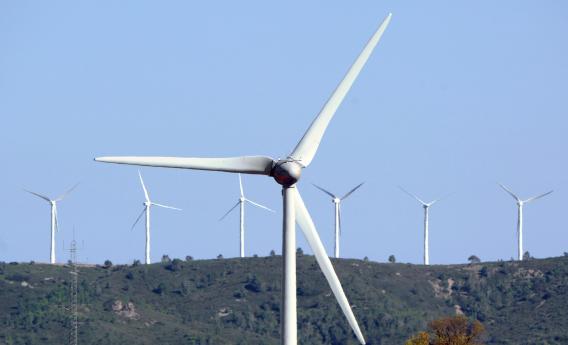I was tweeting earlier today about elite overemphasis of long-term fiscal policy questions relative to short-term ones, and I got some pushback on the subject of climate change.
But I think in many ways climate change is another example of people spending too much mental energy thinking about somewhat imponderable long-term questions. I mean this in two ways. One is that nobody really knows what a society as prosperous as the United States but emitting much less in the way of greenhouse gases would look like. The other is that nobody really knows how you would get to binding international agreement to limit global greenhouse gas emissions. Those are big tough questions and thinking and arguing about them can become paralyzing.
That said, we do know a few things. We know that climate change is a matter of stocks (of atmospheric carbon dioxide emissions) and not just flows, so anything we can do to cut emissions right away helps. And we have plenty of examples of rich countries that emit somewhat less greenhouse gas pollution than the United States.
What’s more, it’s easy to think of good short-term emission reduction policies that are also beneficial short-term economic policy. To take a pretty extreme example, if you totally eliminated payroll taxes and fully made up the revenue with carbon taxes then as long as the Federal Reserve doesn’t misread the ensuring increase in consumer prices as “inflation” you’d give the economy a substantial short-term boost (this is a general feature of swapping labor taxes for consumption taxes, combined with the fact that certain currently unprofitable investments would become profitable). Would that solve the climate change problem once and for all in the long-term? No way. Among other things, it doesn’t begin to touch the international dimension and “a carbon tax high enough to generate the revenue from the payroll tax” does not describe a tax optimized to meet environmental goals.
But a policy to reduce short-term unemployment and reduce short-term greenhouse gas emissions would be a great thing to have in hand. It’d be huge progress. Then you’d have to do more stuff later. But the need to do some stuff and then do some more stuff later is a general feature of life. The quest to find once and for all solutions that operate on decades-long timetables shouldn’t distract us from the rather urgent task of making things better right now.
